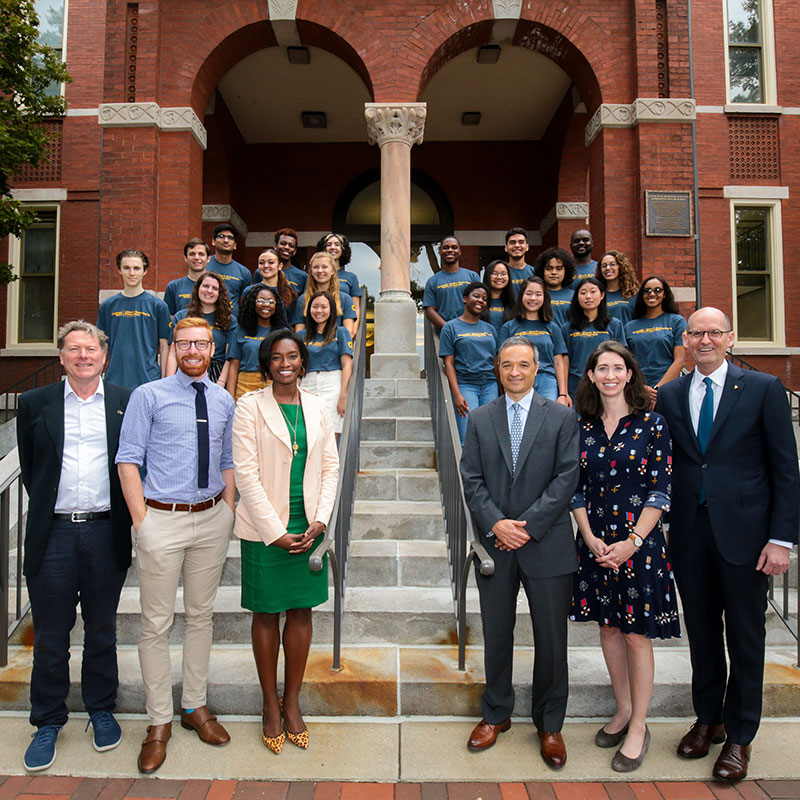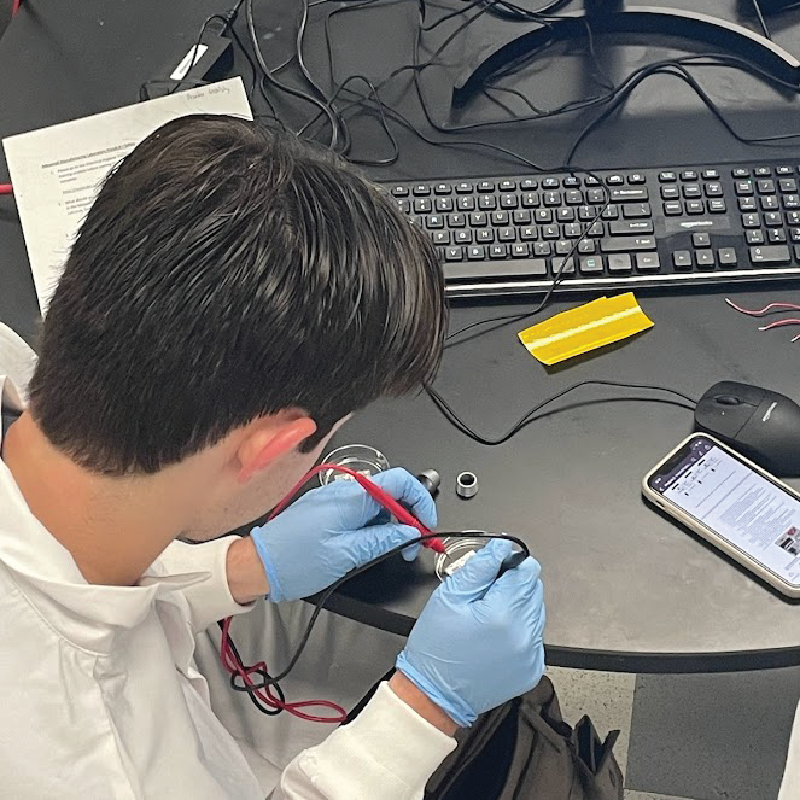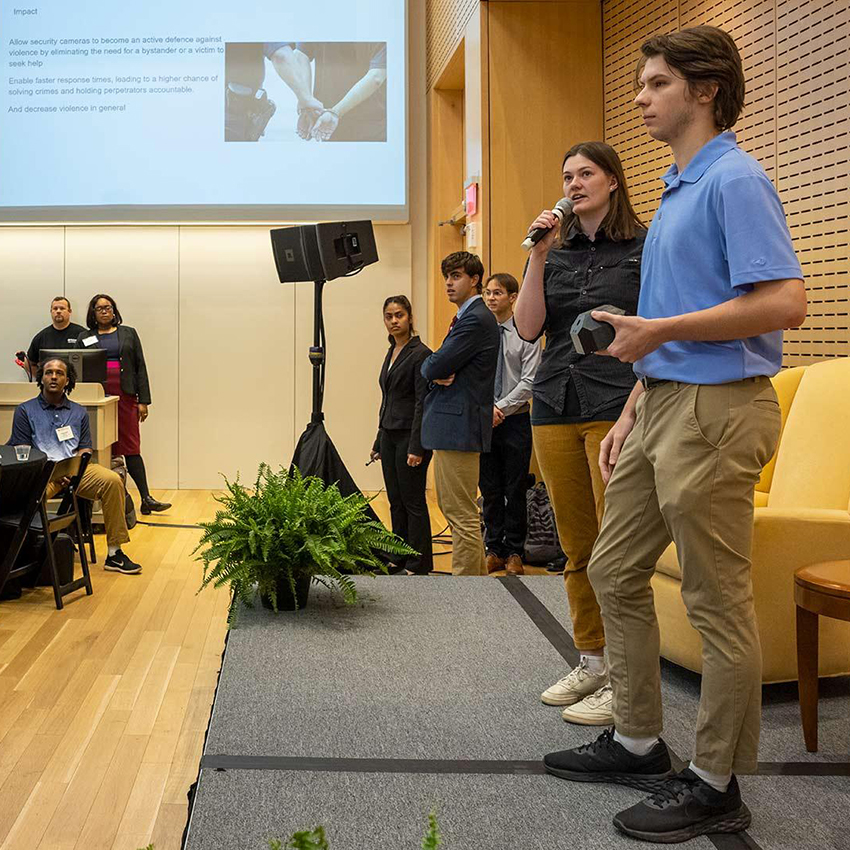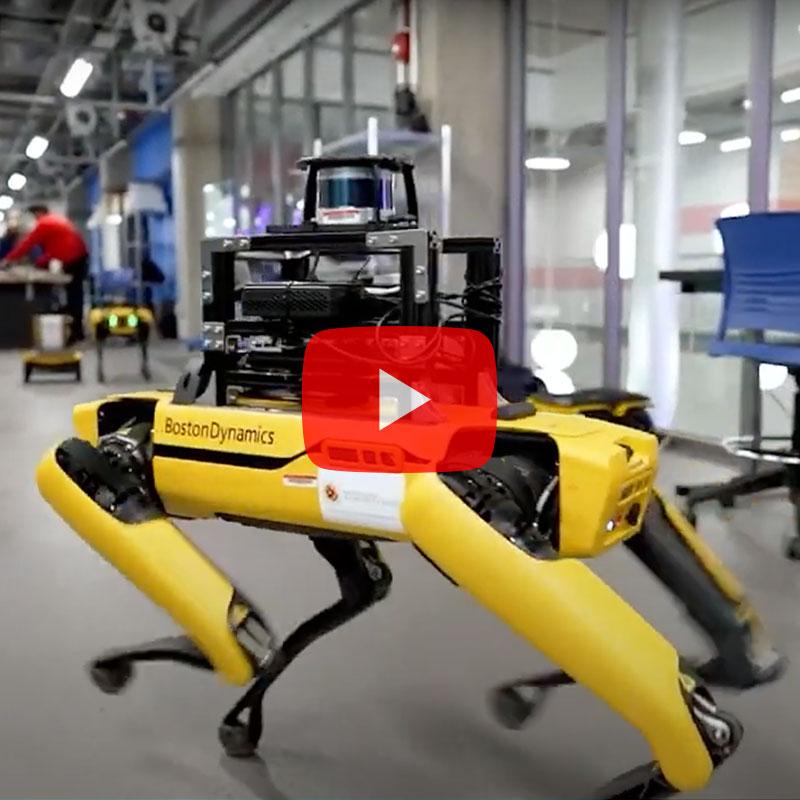Ulukus Awarded National Science Foundation Grant
March 23, 2010
The project examines wireless communication networks whose nodes have batteries that recharge by harvesting energy from the environment. Energy harvesting can yield a network that lasts as long as the network's hardware and intended purpose remain viable; this may be arbitrarily longer than the lifetime of any suitable single-charge battery. While average-power minimization is adequate to describe the lifetime of a device with a single-charge battery, a complete characterization of a network of rechargeable devices will depend on how the batteries are replenished.
Given the broad variety of energy recharging systems, including solar cells, vibration absorption devices, wind and water mills, and thermoelectric generators, battery recharging is modeled as an environmental stochastic process.
This project applies analytical models for battery recharging to evaluate fundamental multiple access, broadcast and relay network models composed of rechargeable nodes. The project objective is an enhanced understanding of the analytic fundamentals of rechargeable networks in order to contribute to the development and ultimate deployment of ecologically-friendly rechargeable networks.
For more information about Prof. Ulukus' research, visit the NSF website.













